The views expressed in our content reflect individual perspectives and do not represent the authoritative views of the Baha'i Faith.
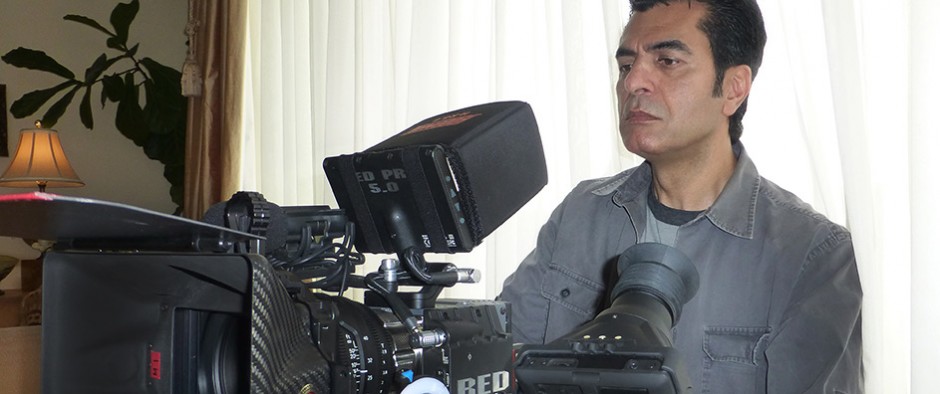
“I’m an atheist,” Shapour Daneshmand says, “but I just had to do something to seek justice for these noble people, the Iranian Baha’is.”
Daneshmand’s new website – AQuietGenocide.com — started as a documentary film and has now morphed into a web-based, social media-driven Truth and Reconciliation Commission, a video chronicle of the persecution, oppression, pain and injustice members of the Baha’i Faith have endured and still face in Iran. Daneshmand, a well-known filmmaker and director on environmental and social justice issues, tells the story of how AQuietGenocide came about:
“My father was a judge in Iran,” Daneshmand said. “He was a Communist – not just non-religious, he was very anti-religion. So I was brought up as an atheist, too. My father fought for the poor and the disenfranchised all his life. But the Iranian government, even under the Shah, really had no idea what to do with him. They sent him to different cities all the time, and never let him settle down. In my first twelve years of study in school, I went to 18 different schools.
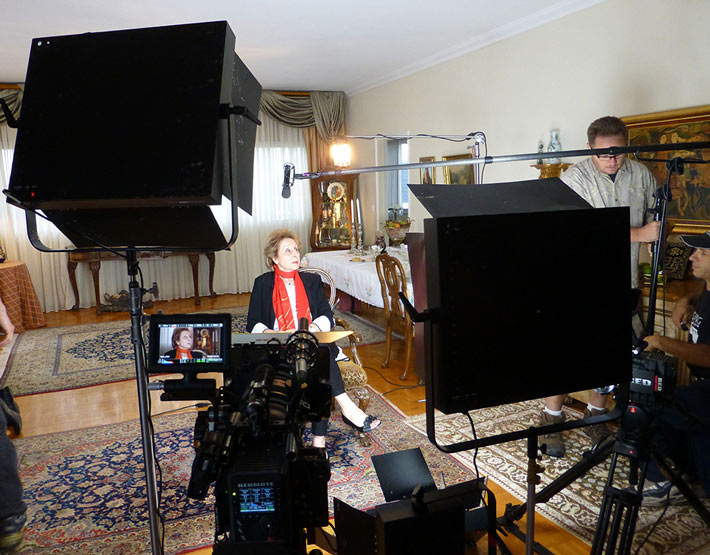
“In one of these cities, Karshan, he was a prosecutor. One day, he and I were coming home for lunch, and we saw a mob shouting and screaming in front of a house. They were shouting ‘This is a Baha’i house, we want them out of this community.’ Father stopped the car, and then got very angry at the mob. He called his friend the chief of police, and told him ‘if these people gather around this house one more time I’m going to ask that you be prosecuted for failing to do your duty. You must keep this place and this family safe!
“I was 13 years old, and I had no idea about the Baha’i Faith, so I asked my father, who told me it was just another religion. He didn’t have a positive view about any religion, actually.
“But later I realized that my father had jeopardized his life to defend the Baha’is. Many years after that incident I asked him about it, and he said to me ‘Human beings did not become human beings until they understood the meaning of justice. Before the words and concepts of justice came into existence, people were still animals.’
“In my adult life, I have always tried to follow that advice – in fact, justice has been the number one issue in what I do.
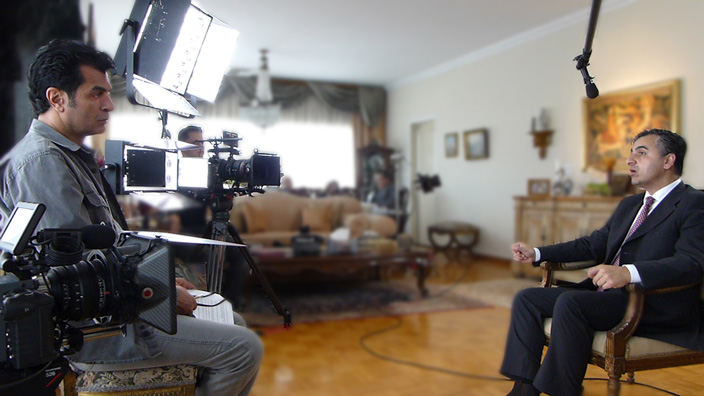
“My father died two years ago. I cannot go back to Iran, I’ll be caught, tortured and killed. I wasn’t even able to go back to Iran for my father’s funeral, which had a profound impact on me. It made me want to honor his legacy of justice. And this is a good time for me to give back. I have a lot of friends in the Baha’i community, lots of amazing people, so I need to do this for him, and for them.
“To me this project has become very sacred. I’ve recorded the stories of maybe forty people so far — many people have already come forward, put time and effort into telling their stories, which they have tried so hard to forget. And even though I’ve been involved in Iranian politics, even though I thought I knew what was going on, I’ve been completely taken by surprise by the immensity of the issues surrounding the horrible Iranian persecution of the Baha’is.
“So now I’m in constant communication with Baha’is. I am going to continue to film and make available as many of these interviews as possible. I invite the Baha’i victims of this ongoing genocide to let me know if they’d like to tell their story.
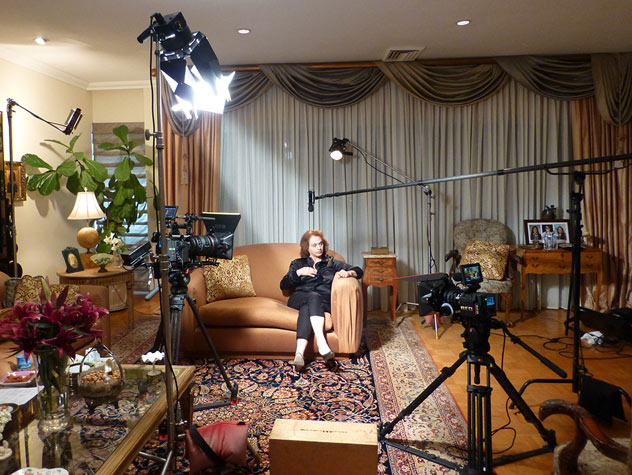
“What struck me most as I filmed the stories of the Baha’is is the strength of these people, how they deal with these atrocities. I realized two things – these noble Baha’is, who could have easily saved their lives, and avoided intense agony for them and their families, would rather die than tell a lie about what they believe. At first that struck me as so strange.
“But then I realized that this was one of the best things they could ever have done for their community – the deaths of those 200+ lives (more than 200 Baha’is have been executed, murdered or disappeared under the current Iranian regime) have strengthened the will and the spirit of the worldwide Baha’i community a thousand times more.
“And this is the most amazing part — despite all the Baha’i community has gone through, they have no hatred, no animosity, they’re accepting this as a fact of their endeavor. I have a lot of hatred and anger toward this government, and I have not even been directly victimized! These people who have been directly struck, again and again, and yet they have no hatred – that just amazes me.”


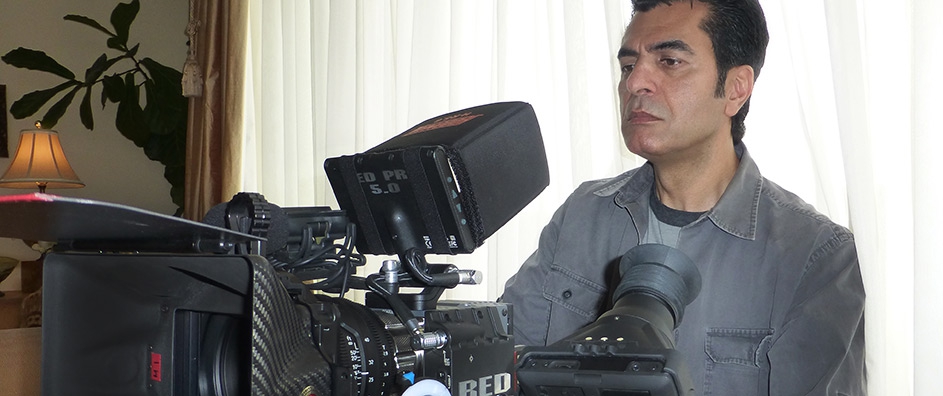

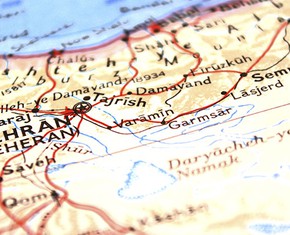
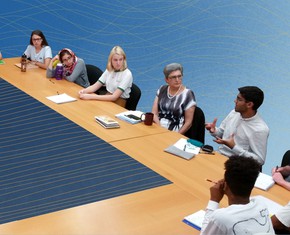
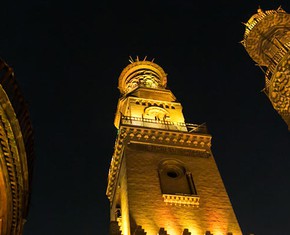









Comments
Sign in or create an account
Continue with Googleor